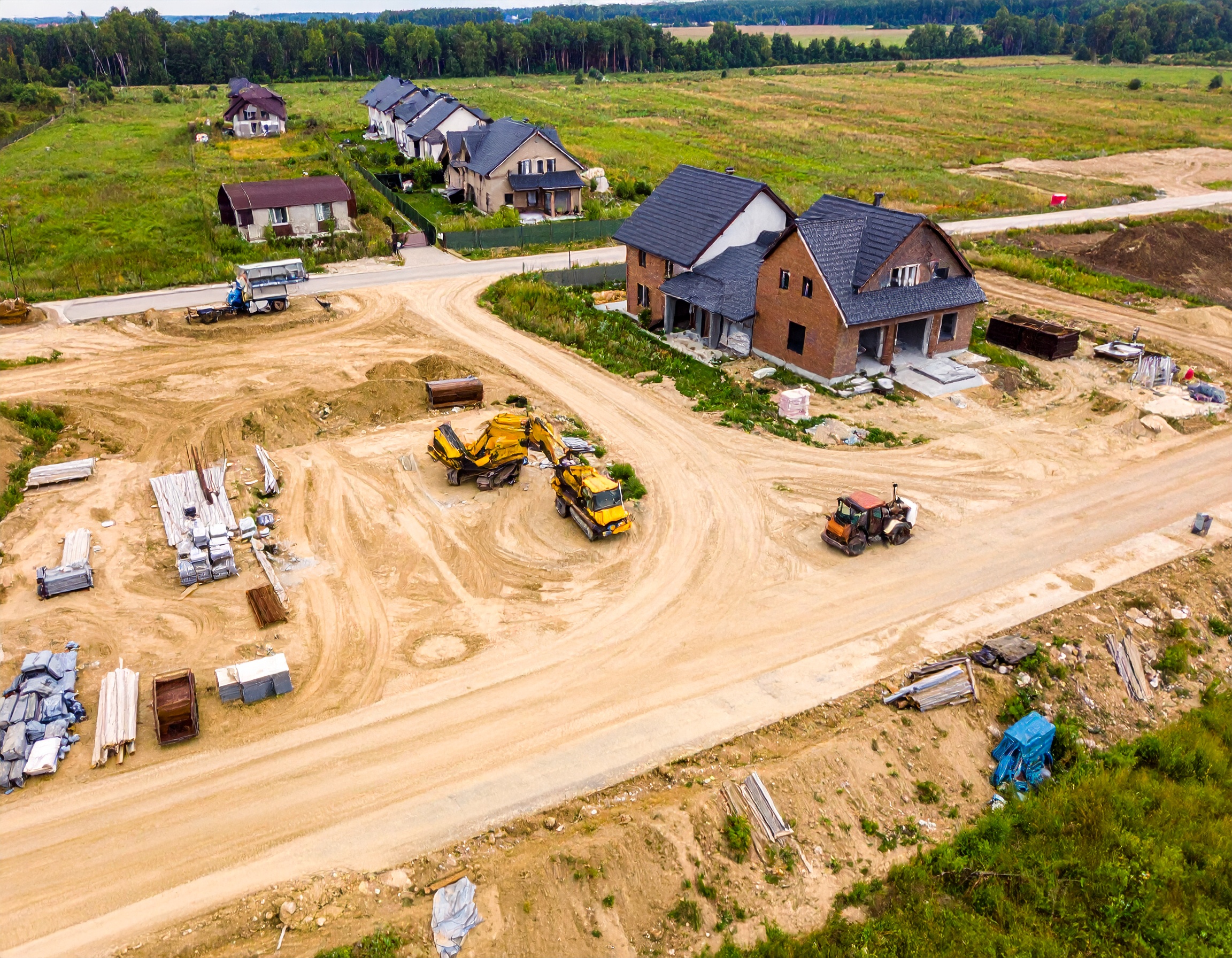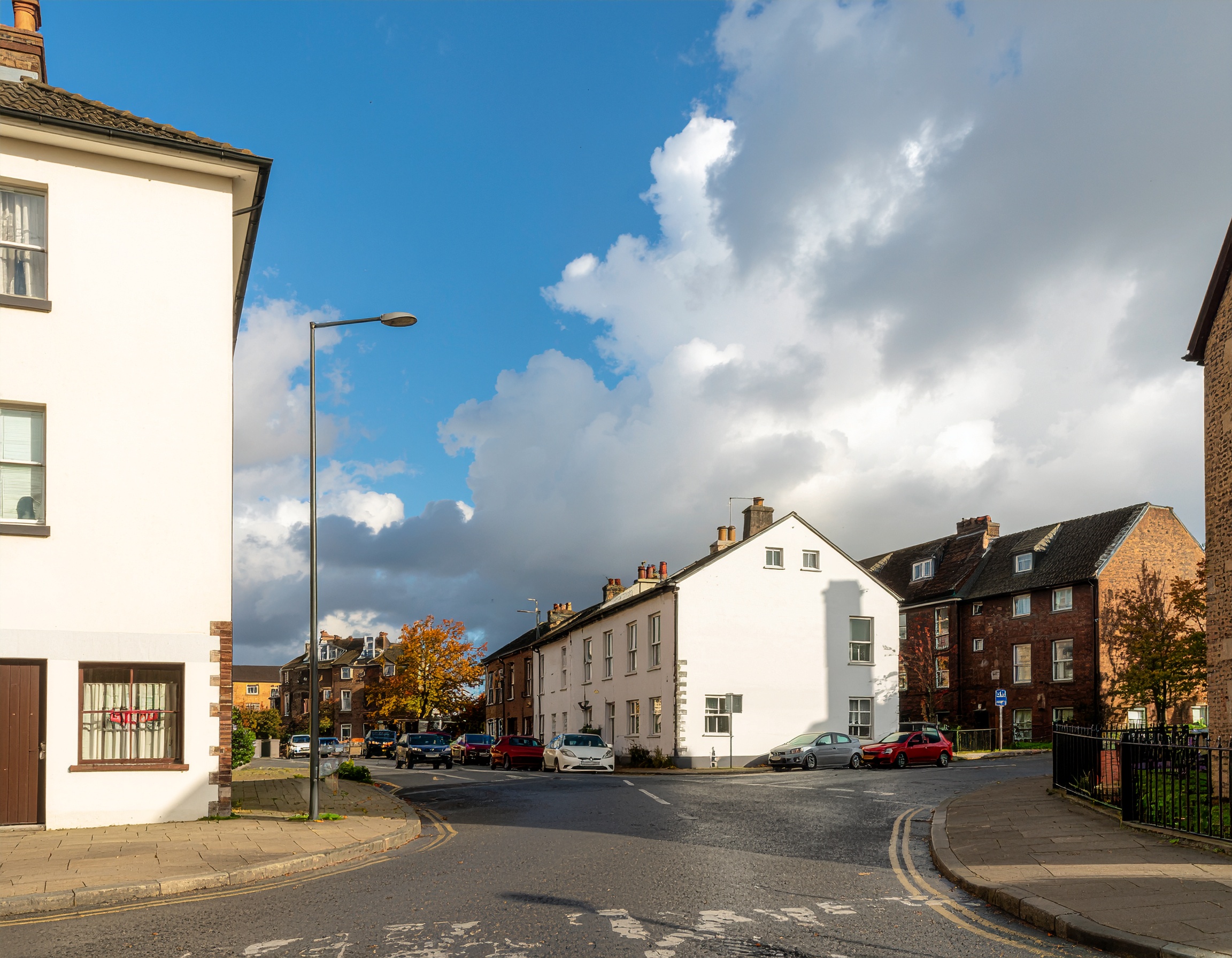Housing Investment Crisis: New Build Permissions Plunge Across England

England’s housing supply pipeline has hit its weakest point in 12 years, with the number of new homes granted planning permission slumping to record lows, according to the latest Housing Pipeline Report from the Home Builders Federation (HBF).
Between April and June 2025, just 44,520 homes received planning permission, a 17% fall compared with the same quarter last year and the lowest quarterly figure since 2012. The rolling annual total of homes permissioned dropped to 221,900, marking the weakest annual rate of investment in new housing sites for over a decade.
The decline was mirrored in site approvals, with only 1,410 sites approved in Q2, extending a run of 10 consecutive quarters of decline. In total, just 8,200 sites were granted permission in the 12 months to June, the lowest figure since records began 20 years ago—and less than half the number approved in 2019.
Growing gap between housing targets and delivery
The figures underline the scale of the challenge facing the Government in delivering its pledge of 1.5 million new homes by 2029. To stay on track, approvals need to average 370,000 per year, but current rates are running at just 60% of that requirement.
Neil Jefferson, Chief Executive of the Home Builders Federation, said:
“Rising regulatory costs, higher taxes, planning delays and restricted access to finance are all undermining housing delivery. At the same time, the lack of affordable mortgage products—combined with the absence of government support for first-time buyers—continues to suppress demand from younger households.
“This research exposes the fragility of the housing pipeline. Without urgent, meaningful action to remove barriers and unlock investment, housing supply levels will continue to fall short of what’s needed. The early confidence industry placed in the Government risks rapidly evaporating.”
Construction activity also sliding
The HBF data is supported by Glenigan’s Construction Index, which reported an 18% fall in residential construction starts in August compared with the previous three months—16% below 2024 levels. Private housing activity dropped by 16% both quarter-on-quarter and year-on-year.
Drilon Baca, economist at Glenigan, said:
“Many contractors and subcontractors will be deeply frustrated by what feels like another ‘false start’ for residential construction. The sector is eager to build, but current conditions are holding back progress.”
A call for urgent government action
Industry leaders are urging ministers to act swiftly to reform the planning system, improve access to mortgage lending, and introduce targeted support for first-time buyers. Without intervention, the housing shortfall threatens not only government targets but also wider ambitions to tackle affordability, boost economic growth, and create sustainable communities.

